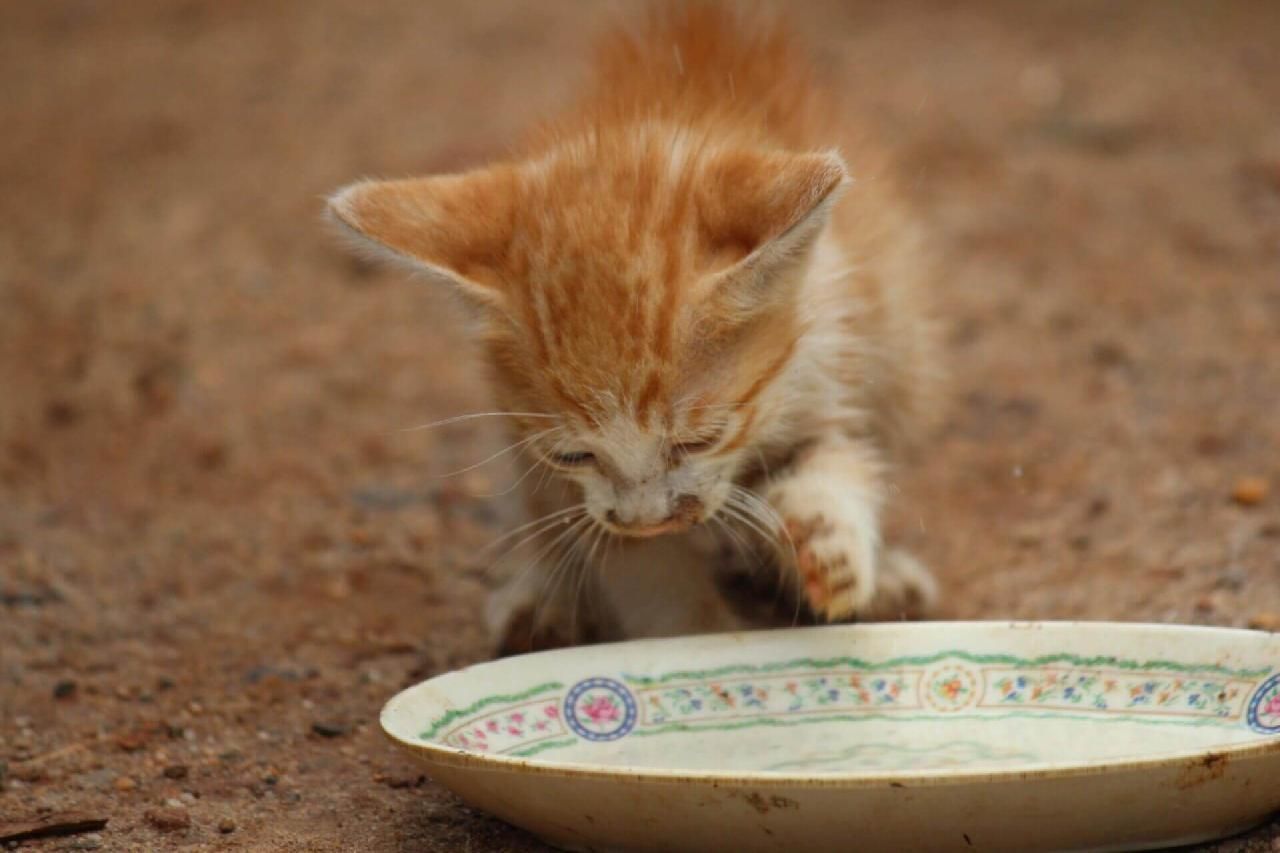The solution isn’t straightforward—while some felines can process milk, others cannot.
Read also
Pexels
Photo: Pexels
Here, we’ll delve deeper into how tolerant cats are of lactose, along with identifying which milk substitute options work best for both grown-up cats and kittens.
What Causes Lactose Intolerance in Cats?
A lactose allergy and lactose intolerance are frequently mistaken for one another. Both conditions involve either an allergic reaction or a sensitivity to lactose, which is the main sugar found in milk.
Similar to how humans can develop this intolerance, cats can also be affected. When someone is lactose intolerant, it indicates their body doesn’t produce enough of the enzyme lactase, needed to digest milk effectively.
When an individual who is lactose intolerant drinks milk or eats dairy items, they may experience abdominal discomfort and digestion problems. Similarly, a cat deficient in the lactase enzyme will face comparable issues.
How Your Cat Could Respond to Milk If It Has Lactose Intolerance
If your cat drinks milk and soon after gets diarrhea, this indicates lactose intolerance. How severe and long-lasting these tummy troubles become will depend on the amount of milk your feline friend drank.
When consumed in modest quantities, it generally doesn’t cause harm, and your cat should probably recuperate within several days. The most effective action you can take is giving your cat lactose-free meals; this usually helps to cease the diarrhoea.
In extreme situations, consuming excessive amounts of milk can pose a significant risk to a cat’s life.
Should your pet have had an adverse reaction to milk previously, it’s best to avoid giving them milk or any dairy items entirely.
Always review the ingredients list on your kitty’s food to make sure it doesn’t include any lactose. Even tiny quantities could lead to the same issues as consuming regular milk.
If you purchase cat food from a reputable online retailer, you will have several lactose-free choices available to pick from.
Do Cats Need Milk?
Adult cats do not require milk as humans might; only kittens need milk for their growth and development. Typically, most kittens obtain all necessary nutrients through nursing.
If you’re caring for an orphaned kitten, or if the mother cat isn’t producing enough milk, you’ll need to use a specially formulated kitten milk replacement product.
These items usually arrive as powders that require mixing with water. Packed with essential nutrients, they are specially formulated to aid in the growth and development of kittens.
Kittens when newborn possess a special enzyme enabling them to break down milk. As they grow older, this enzyme diminishes, leading to lactose intolerance in many adult felines.
When your grown-up kitty requires a short-term milk substitute, consider purchasing feline-friendly alternative milk.
Steer Clear of Milk for Adult Cats—Stay Safe
There isn’t a universal solution for determining if a cat can handle milk, but most vets suggest steering clear of it entirely.
This is due to most cats having an adverse response to lactose. It’s best to provide them with clean water rather than milk.
If you’re concerned that your pet might not be receiving adequate vitamins and minerals, consider adding nutritional supplements to their diet. Numerous choices are out there designed specifically for supporting feline well-being.
Read also
2048px-01_Chow_Chow-240×300




